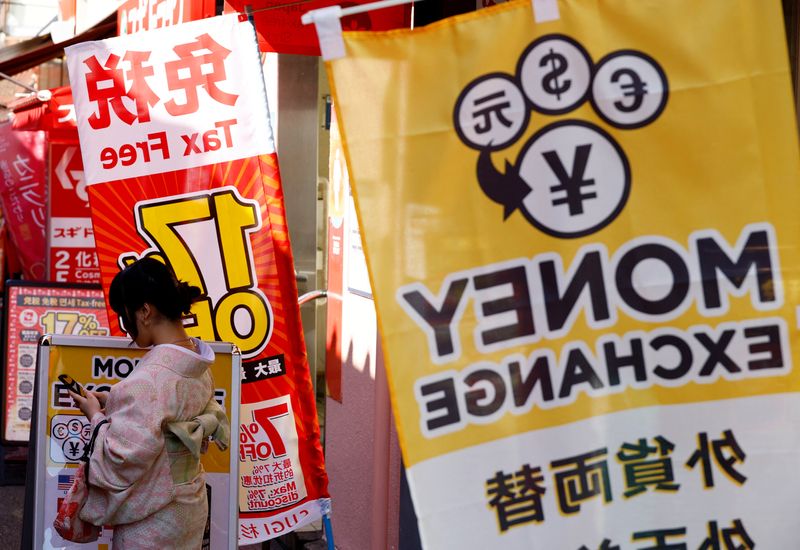By Karen Brettell
NEW YORK (Reuters) – The Japanese yen rose from a five-month low against the dollar on Friday after a summary of views from the Bank of Japan’s December policy meeting showed some policymakers growing confident about an upcoming rate hike , while the Japanese central bank also reduced monthly bond purchases.
Some Bank of Japan policymakers saw the conditions for an upcoming rate hike falling into place, with one predicting a move in the near future, keeping alive the possibility of a January rate hike.
The BOJ held rates steady at 0.25% at this month’s meeting, a move Governor Kazuo Ueda explained as aimed at scrutinizing more data on next year’s wage momentum and clarity on the new US administration’s economic policies to take.
The Bank of Japan will cut monthly purchases of Japanese government bonds by another 410 billion yen per month ($2.6 billion), lowering the total to about 4.5 trillion yen per month from January.
The Japanese currency has weakened in recent weeks as US Treasury yields have risen, despite the Federal Reserve cutting rates by 100 basis points since September.
Traders estimate the likelihood that the US central bank will make fewer cuts next year as inflation remains high. Analysts say the new Trump administration’s policies are also expected to boost growth and inflation next year, making traders wary of betting against the dollar.
But some see the Japanese currency eventually making a comeback against the dollar, with government bond yields likely to fall.
“The prospect of (a) rate hike by the BoJ in the first quarter of next year… and a decline in government bond yields in the second half of 2025 suggests that fair value is now peaking around its peak and towards the end of next year will be in the mid-thirties. year,” Societe Generale (OTC:) analyst Kit Juckes said in a recent report.
Traders are also alert to possible interventions by Japanese officials to support the currency if it continues to weaken, as they have done several times this year.
Japanese Finance Minister Katsunobu Kato on Friday reiterated concerns about a falling yen and reiterated his warning to take action against excessive currency movements.
The dollar last fell 0.09% to 157.85 Japanese yen. The price reached 158.09 on Thursday, the highest level since July 17, and is on track for an annual gain of 12% against the yen.
The decline was 0.06% to 108.02. Last Friday, the index hit a two-year high at 108.54 and is on track for an annual increase of 6.6%.
The euro gained 0.04% to $1.0426, but is heading for an annual decline of 5.6%. Sterling rose 0.34% to $1.2568 and is on track for an annual loss of 1.2%.
The rate was near a 13-month low and traded at 7.2950 per dollar in the domestic market. The currency has suffered from the threat of additional US tariffs on Chinese goods under Trump.

South Korea’s profits fell to a 16-year low of 1,486.7 per dollar after parliament ousted acting President Han Duck-soo, plunging the country deeper into political chaos.
Cryptocurrency bitcoin fell 1.56% to $94,196. This year it is up about 122%.


